Thanks to GitHub.com/Mono/T4, at the moment you can do it for both .NET Core and Visual Studio builds by adding this to your .csproj file:
<ItemGroup>
<DotNetCliToolReference Include="dotnet-t4-project-tool" Version="2.0.5" />
<TextTemplate Include="**\*.tt" />
</ItemGroup>
<Target Name="TextTemplateTransform" BeforeTargets="BeforeBuild">
<ItemGroup>
<Compile Remove="**\*.cs" />
</ItemGroup>
<Exec WorkingDirectory="$(ProjectDir)" Command="dotnet t4 %(TextTemplate.Identity)" />
<ItemGroup>
<Compile Include="**\*.cs" />
</ItemGroup>
</Target>
If you transform your templates to different programming languages you should add something like <Compile Remove="**\*.vb" /> and <Compile Include="**\*.vb" /> in order to get these files compiled even if you don't have generated files yet.
Remove and Include trick only needed for first time generation, or you can make the XML-shorter like this:
<ItemGroup>
<DotNetCliToolReference Include="dotnet-t4-project-tool" Version="2.0.5" />
<TextTemplate Include="**\*.tt" />
</ItemGroup>
<Target Name="TextTemplateTransform" BeforeTargets="BeforeBuild">
<Exec WorkingDirectory="$(ProjectDir)" Command="dotnet t4 %(TextTemplate.Identity)" />
</Target>
and just run build twice (for the first time). If you already have generated files committed to the repository there will be no problems on rebuilds with both examples.
In the Visual Studio you might want to see something like this:

instead of this:

So add something like this to your project file:
<ItemGroup>
<Compile Update="UInt16Class.cs">
<DependentUpon>UInt16Class.tt</DependentUpon>
</Compile>
<Compile Update="UInt32Class.cs">
<DependentUpon>UInt32Class.tt</DependentUpon>
</Compile>
<Compile Update="UInt64Class.cs">
<DependentUpon>UInt64Class.tt</DependentUpon>
</Compile>
<Compile Update="UInt8Class.cs">
<DependentUpon>UInt8Class.tt</DependentUpon>
</Compile>
</ItemGroup>
Complete example here: GitHub.com/Konard/T4GenericsExample (includes generation of multiple files from single template).

